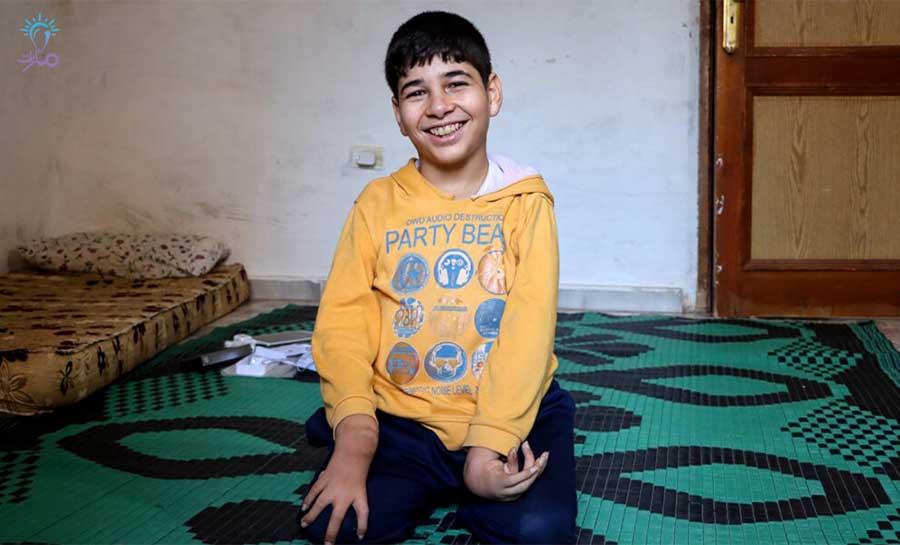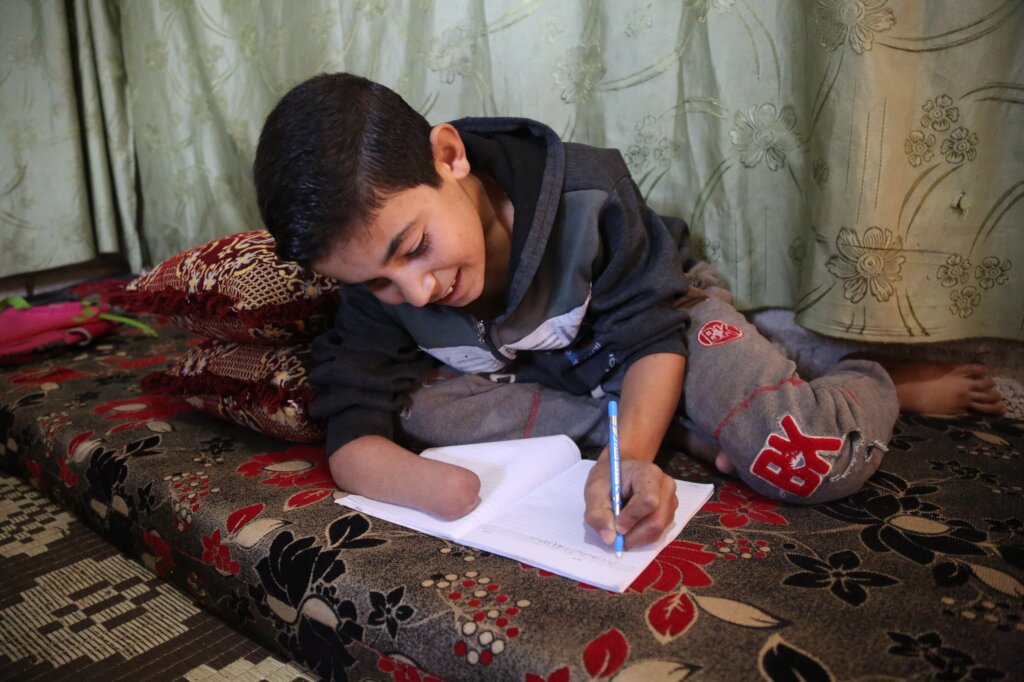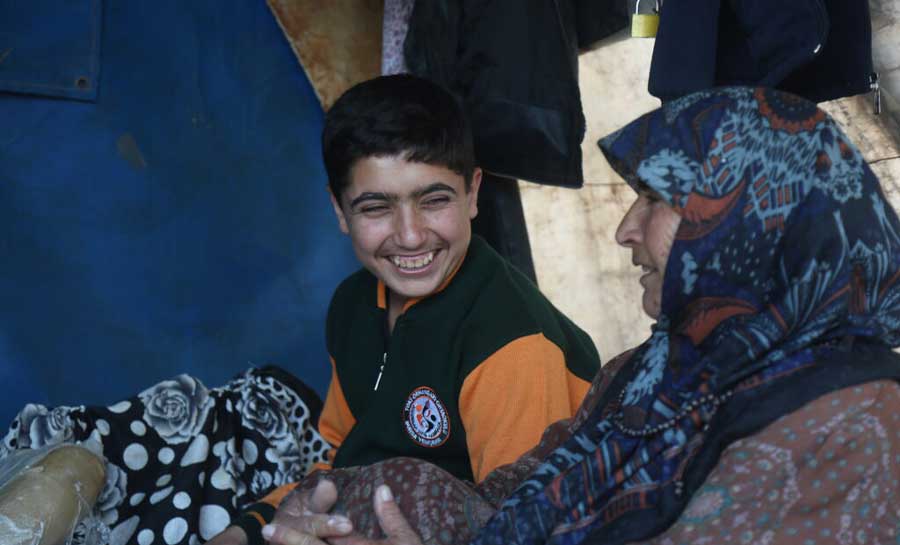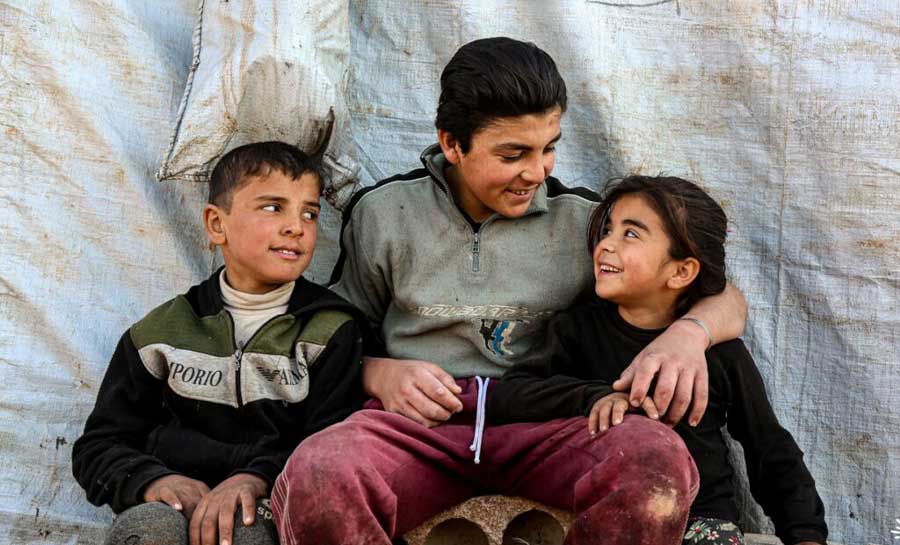More than 10,000 individuals with physical Disabled face educational challenges in Syria. Among them are children suffering from congenital defects and war injuries, living in temporary camps far from schools, lacking the support and resources necessary to continue their education. Our goal is to extend a helping hand to these students, enabling them to access high-quality education and thrive in society. With your support, we can empower over 100 students with physical disabilities. Let’s help them learn and grow.
Challenges Faced by People with Physical Disabilities in Syria
Children with physical disabilities face numerous obstacles, including accessing schools, financial constraints, the need for facilities to ensure their safety, and the sharp increase in the number of those affected during the war. These disabilities have restricted their potential for future success due to the disruption of their education. Additionally, the lack of sufficient resources makes it difficult for them to engage in the learning process, hindering their development and integration into society.
How Can We Solve the Problems of People with Physical Disabilities in Syria?
Through the Masarat online education model, we will reach them in their homes, providing education and support regardless of their distance. We will help them break social isolation by providing a safe interactive environment through Microsoft Teams, where they can receive education through our school programs, student activities, academic mentoring, and vocational training programs. With technology, we provide them with a safer and more comfortable education.
The Long-Term Positive Impact of Educating People with Physical Disabilities
By empowering these individuals through education, you plant the seeds of their future success and integration into society. With the skills and knowledge they acquire, children with physical disabilities can break the chains of isolation. Furthermore, by fostering an inclusive educational environment, we not only transform their lives but also provide equal opportunities for everyone, regardless of physical abilities, to become active and participating members of their communities.




